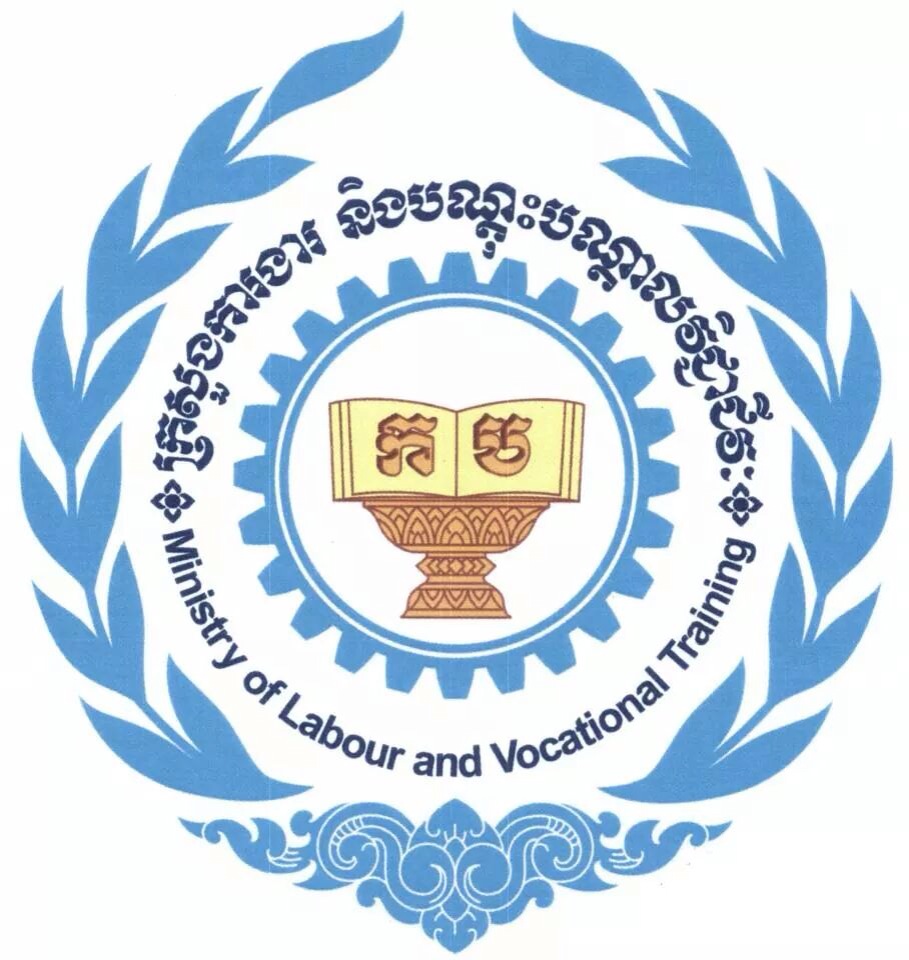Issue Description
According to Prakas No.196, Article 3, owners or directors of companies employing a foreign national must register the employment contract of a foreign employee with the Department of Employment and Manpower of the Ministry of Labour and Vocational Training or its municipal and provincial departments. Although the Ministry has now clarified that employers are not required to use the predefined template contract if their own contracts include all of the specified details, in practice, EuroCham’s members report that they are still required to complete the template contract for each foreign employee.
As the template contract is somewhat simplistic, it does not provide sufficient detail on areas that employers would normally expect to cover within a contract, this instead means that foreign employees are bound by two different employment contracts, which could have conflicting terms and conditions. Similarly, use of this contract template forces employers to register foreign employees on fixed duration contracts, overlooking that foreign employees can legally be employed indefinitely in Cambodia. This requires employers to resubmit these template contracts every two years, bearing the additional cost and administrative burden to do so.
Because this template may not cover all the necessary details and conditions that should be included in a formal employment contract, this can lead to misunderstandings and disputes between employers and employees, which can harm both parties and negatively impact the country’s economy.
Impact on business
As the contract template required by the Ministry of Labour and Vocational Training is insufficiently detailed, employers are unable to formally register the full details of their agreements with employees. This means that employers require foreign employees to sign a separate, more detailed contract, creating uncertainty as this secondary contract lacks formal recognition. This leaves scope for potential abuse of employment conditions as the contract provided to the Ministry could have different details compared to the formal agreement, such as a lower salary than is actually paid to the employee as a means to minimise the tax payable. Maintaining this status quo is inefficient for both the Royal Government of Cambodia and employers – authorities do not have full visibility of agreements between employers and employees, while employers have no recourse to have their contractual agreements with employees recognised by the Royal Government of Cambodia.
Furthermore, restricting foreign employees to fixed term contracts unfairly disadvantages employees who bring expertise and facilitate knowledge transfer for the benefit of the Cambodian economy. While we recognise that the Royal Government of Cambodia may wish to ensure that roles are not permanently filled by foreigners to provide opportunities for Cambodian citizens, employers are already required to pay a fee if they exceed the quota for foreign employees and should not be penalised further. Accordingly, employers require an equal opportunity to offer foreign employees with the stability and security of indefinite employment to attract talented candidates and undertake long-term strategic business planning.
Recommendation
- Replace the predefined contract template for foreign employees with a standardised online form containing the fundamental details of a formal employment contract.
Acknowledging that formal employment contracts are comprehensive documents with complex terms and conditions, it would be a comparable administrative burden for the Ministry of Labour and Vocational Training to process the contents of each. Therefore, we respectfully recommend that the Ministry replace the predefined contract template with a more simplified standardised foreign employee form. We envisage that this standardised form would contain the fundamental details of an employment contract and working conditions such as salary, contract length and holidays, and include a declaration outlining that the Royal Government of Cambodia does not endorse the contents of the employment contract to limit liability.
To bring further administrative efficiencies, this form could be completed and submitted via the Ministry’s online platform, alongside the foreign employment quota and work permit systems. This would align well with the Ministry’s push to modernize its practices and would alleviate the existing challenges experienced with the dissemination of information to frontline Ministry officials. Furthermore, standardizing this process would also remove the restriction placed on employers to register foreign employees on fixed term contracts, as the form would follow the same details of their formal contract and provide foreign employees with the same stability and job security as Cambodian employees.
Furthermore, this recommendation would provide more convenience to employers and foreign employees and to make administrative process more efficient and digitalised. Implementing a standardised online form for foreign employee contracts would have several positive impacts on Cambodia.
Firstly, it would help to attract more foreign talent to the country by providing them with a clear and transparent employment contract. This would benefit businesses operating in Cambodia, as they would have access to a wider pool of skilled workers.
Secondly, it would help to improve working conditions for foreign employees in Cambodia. By providing a standardised employment contract, employers would be required to provide fair wages, benefits, and working conditions for their foreign employees. This would improve the overall reputation of Cambodia as an attractive destination for foreign investment.
Finally, it would help to reduce disputes between employers and employees by ensuring that all necessary details are included in the contract. This would save time and resources for both parties involved and would help to maintain positive relationships between employers and employees.
Royal government of Cambodia
Initiative from Eurocham: The issue has been raised by the Human Resources Committee within The White Book edition 2024 in the Recommendation No. 74.

National Counterparts

Ministry of Labour and Vocational Training
Contributors

Mr. Chheav Narath
ROYAL UNIVERSITY OF LAW AND ECONOMICS

Dr. Antoine Fontaine
ANANT LAW FIRM

Mr. François Schnoebelen
NGO ECOLE D’HOTELLERIE ET DE TOURISME PAUL DUBRULE

